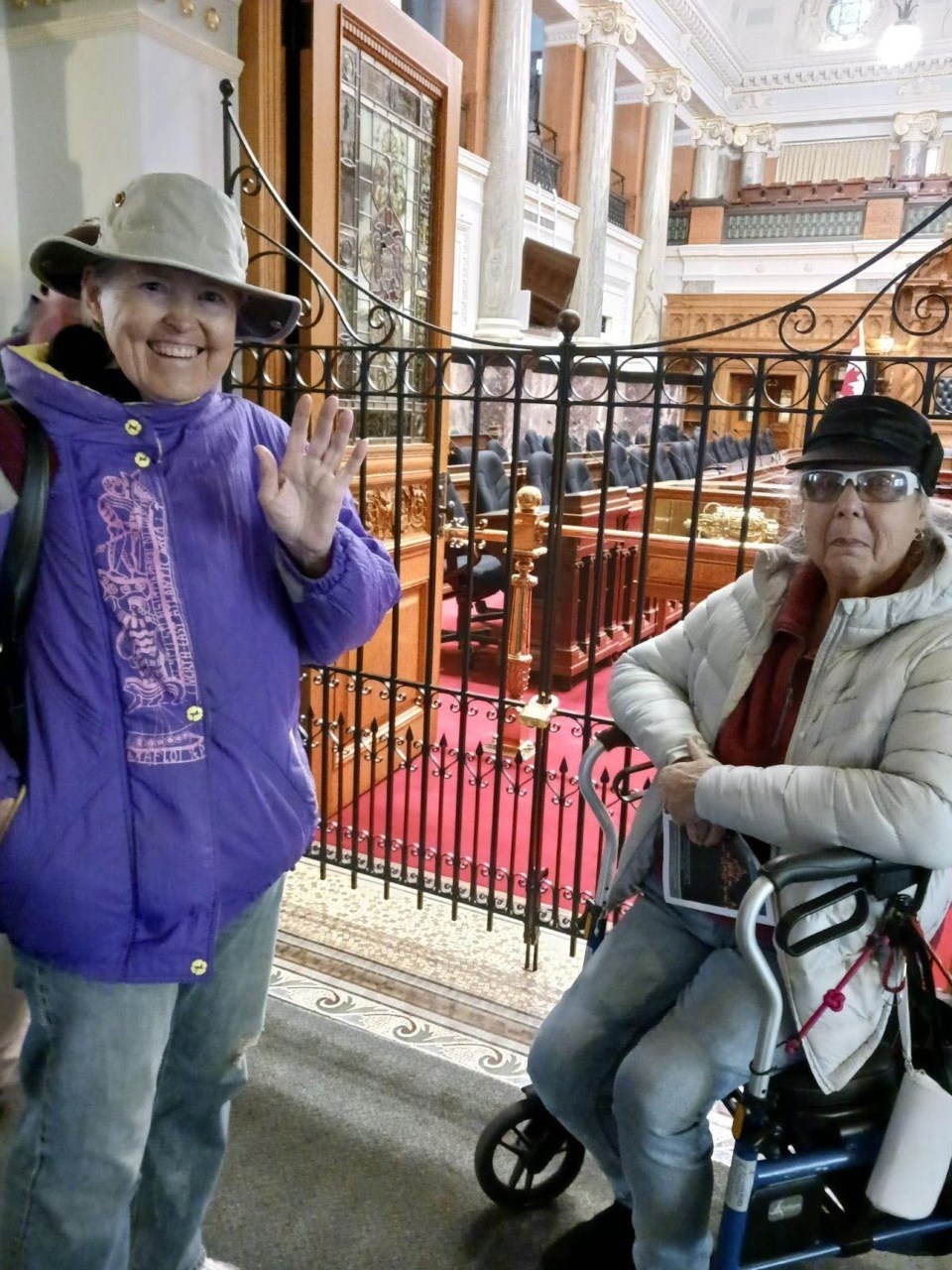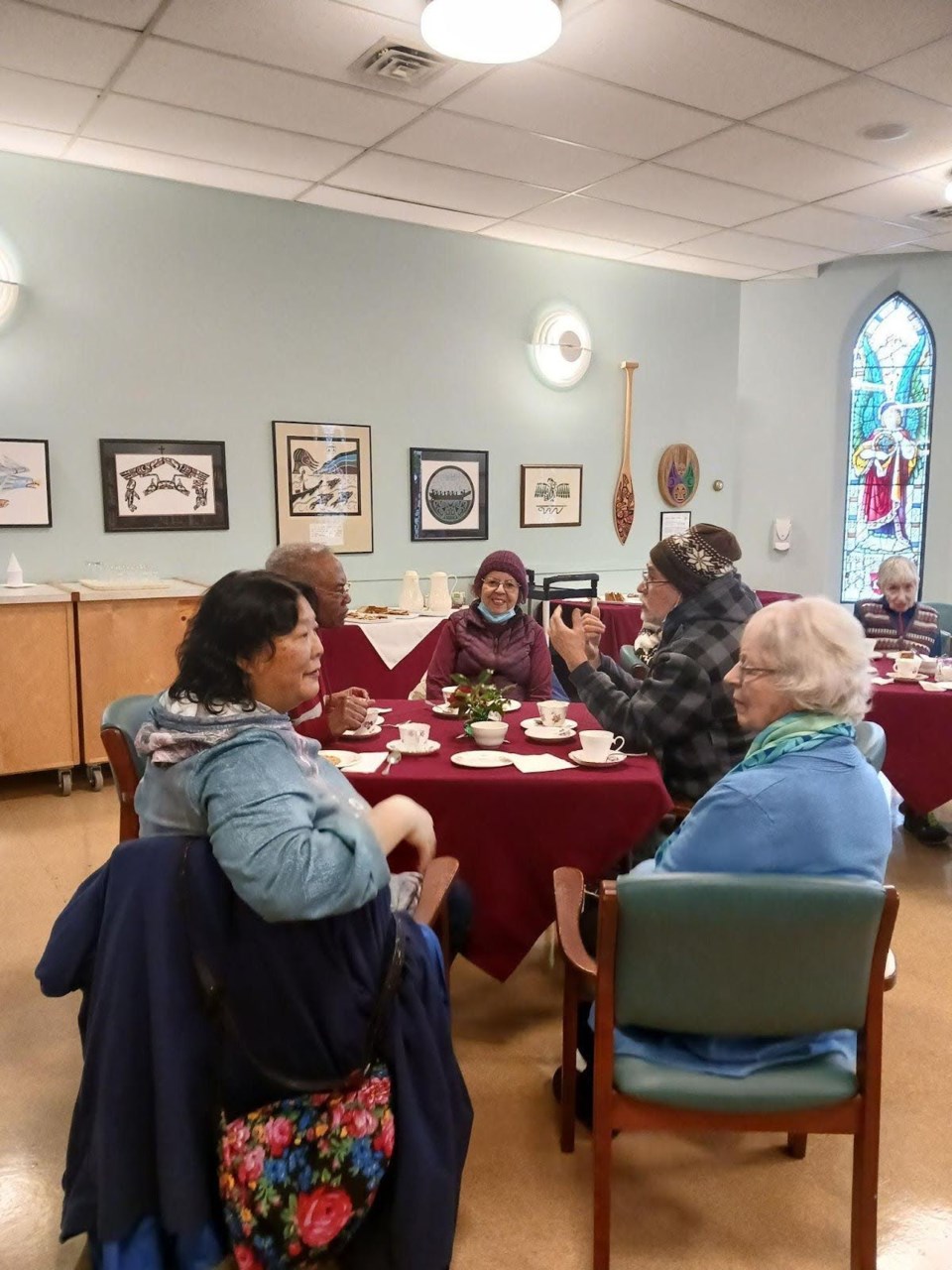The aging population in ÎÚÑ»´«Ã½ is growing and with it the number of financially vulnerable and isolated seniors is on the rise.
The BC Seniors Advocate report titled "" highlights concerning statistics, revealing that one in four seniors live on an annual income of less than $21,000, with nearly half living on less than $31,000, which is less than minimum wage.
This financial strain directly impacts their ability to meet basic needs, with 84% of surveyed seniors reporting that they frequently run out of money for food.
Victoria is often known for its higher cost of living and is home to a growing number of seniors who often grapple with severe economic hardship, putting them at risk of homelessness. Around 25% of the homeless population in the city is over the age of 55, which reflects a 5% increase since 2020. The report also highlighted specific senior populations facing higher poverty rates, including single seniors, immigrants, Indigenous seniors, and seniors with disabilities.
Within this challenging context, Our Place Society, an organization that provides vital support and services to Greater Victoria’s most vulnerable populations, plays a vital role in the community, welcoming approximately 200 marginalized seniors daily.
These seniors come to the community centre to supplement their food budget at the dining hall and access such as haircuts, flu shots, foot care, and hygiene assistance. However, for many of these seniors, the primary reason they come to Our Place is to find human connection, as they grapple with loneliness, isolation, and depression.
For people experiencing homelessness and poverty, isolation and loneliness can be as formidable a problem as the struggle for shelter. Homelessness and poverty can silence the joy of connection. Folks who are caught in the daily struggle for survival can become isolated and deeply lonely. Our Place is committed to creating a sense of belonging, by providing different pathways for connection within our community.

​
Navigating unexpected challenges: Fran’s story
After devoting her life to supporting community members at risk while working in subsidized housing, Fran (pseudonym) unexpectedly found herself in need of the same support she had provided for years.
As a support worker with a modest income, she diligently saved for retirement, planning to retire in two years. However, her life took an unexpected turn during an evening walk several years ago. In the dusk, Fran didn't see the uneven pavement, resulting in a fall that left her with three broken ribs, a fractured tibia, arm, and hip. The long road to recovery required two years of physiotherapy, learning to walk again, rather than working and saving for retirement.
During this period, medical expenses, rent for her small apartment, and additional costs for services like grocery delivery and transportation to physio and doctors' appointments quickly depleted her savings. Eventually, she found herself living in the subsidized housing where she had spent so many years working. This was not the retirement she had envisioned.
In the past few months, the challenge of purchasing groceries became increasingly difficult due to inflated costs. Fran’s financial situation took another hit when her rent unexpectedly increased from $585 to $631. Additional charges for internet ($25 per month) and utilities ($50 per month), which were previously included in her rent, further strained her $1600 monthly income.
Feeling the pinch of skyrocketing grocery prices, she faced the financial squeeze more acutely as someone living month to month on assisted living. Compounding her challenges, she lacked family support, with all her family members having passed away. Loneliness began to take its toll, and she admitted, "Some days I wake up and my bones literally ache in pain from the loneliness."
Reluctant to seek help and feeling embarrassed, she stumbled upon Our Place through a news story. Nervous about accessing services she felt might be better suited for those experiencing homelessness or addiction, her apprehensions were quickly dispelled when she entered the welcoming environment. Salome Waters, an Our Place's seniors’ program employee, greeted her with a smile and directed her to the spiritual care room, emphasizing that it was a quieter place for seniors to gather.
Waters rushed to get her a meal, ensuring Fran felt welcomed and comfortable. Through this lunch, she discovered a room full of seniors like her, seeking companionship and meals to supplement their food budgets. Beyond meals, she learned about the range of services Our Place offered, including craft programs, healing circles, and group excursions to places like the art museum and the Legislature.
These activities not only provided companionship, but also addressed her loneliness, offering a supportive community where her bones no longer seemed to ache in the same way. Our Place became more than a service provider; it became a source of comfort, connection, and belonging.
“People from all walks of life are still struggling to make ends meet this year,” says Julian Daly, CEO of Our Place. “Serving an Easter meal to those who might otherwise go without is just one small way of breaking the loneliness that so many people feel when they are struggling. Whether it’s due to poverty, addiction or mental health struggles, we continue to show that Our Place staff are here to listen, share and support.”
To discover more about Our Place Society's community support initiatives and learn how you can contribute to sustaining these vital services, visit .



